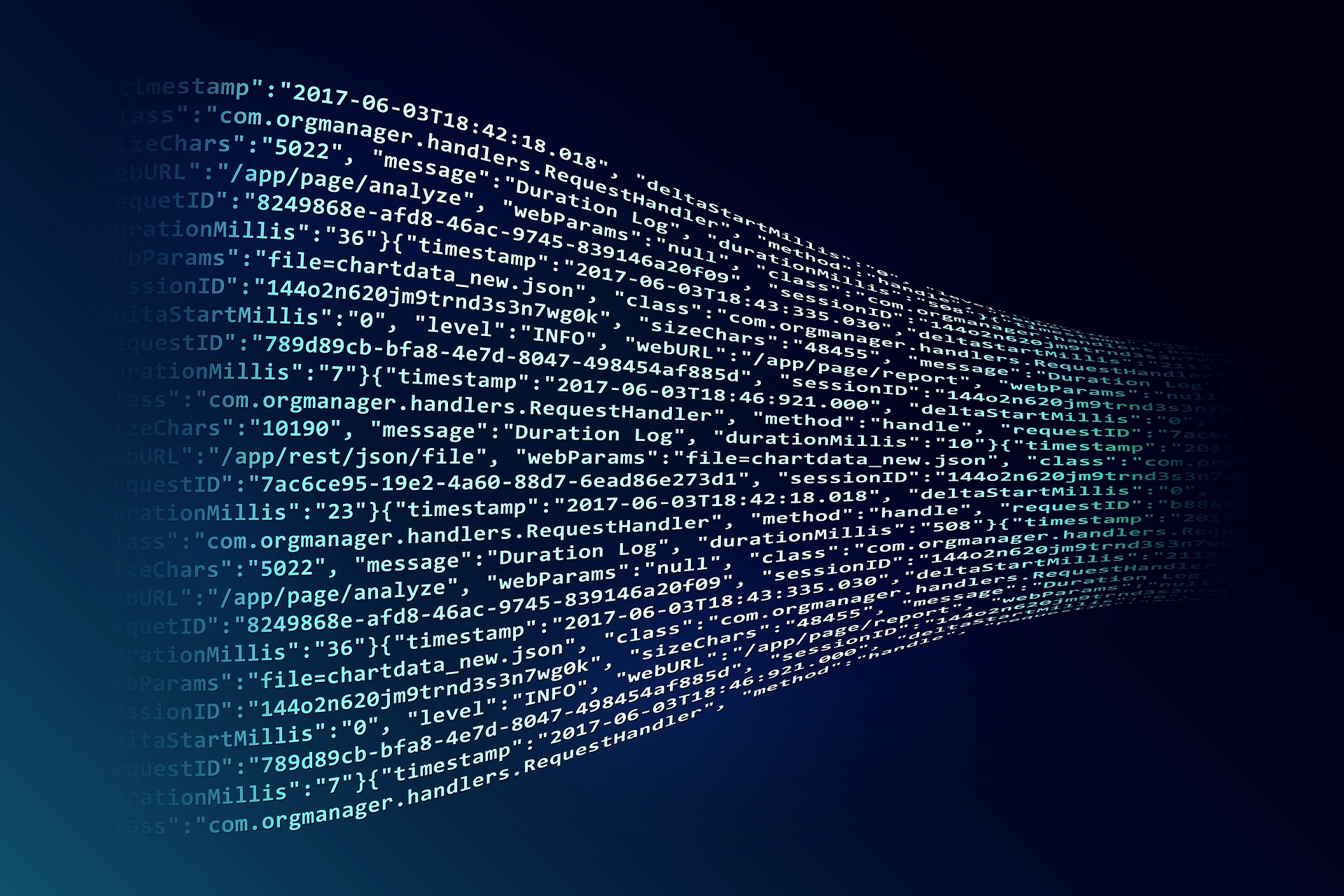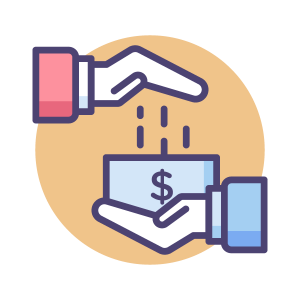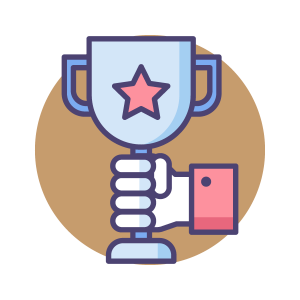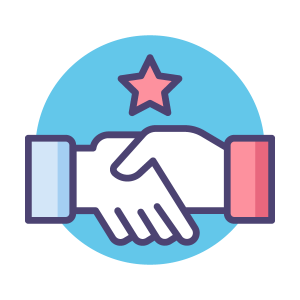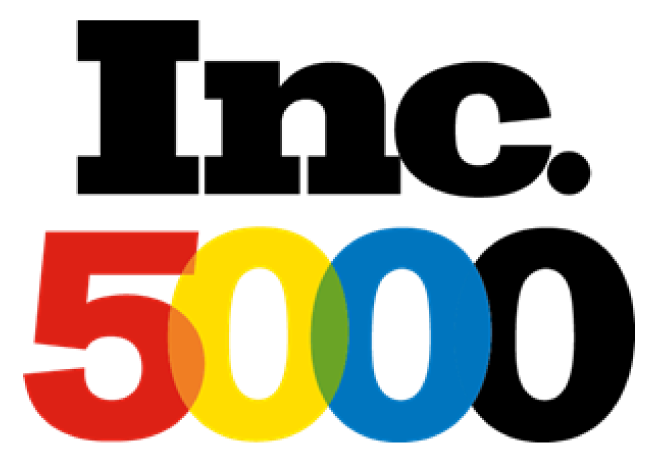When big data gained prominence as an industry buzzword, it didn’t necessarily seem like a concept the nonprofit sphere could benefit from. However, it’s becoming increasingly obvious that foundations and nonprofits can use big data for better decision-making and accomplish many of their goals more effectively. Using the business intelligence tools built into grant management software, organizations can collect, visualize and deeply analyze to help make better decisions, reach out to the community and even increase donors and donations.
For years now, companies have been tapping into big data to learn more about customers and grow their businesses. As it turns out, organizations in the nonprofit sphere can do the same thing to impact positive change. Here’s one example of how this can work:
According to the Harvard Business Review, organizations can monitor data from social media platforms in real-time to gauge what is happening in the world or in specific areas. For example, online discussions about food prices can predict the rise and fall of inflation rates. In addition, gleaning information from blogs and forums can determine if unemployment rates are about to increase.
Using big data to measure performance
For foundations, data use may look a little bit different. While these organizations may not be tapping into the public voice, they can use sophisticated grant management platforms to better harness the data created within their own organizations. As Beth Kantor notes on her blog, with the amount of information available to philanthropists, it’s never been easier to solve problems and collectively work for the greater good.
On the other hand, while the data may be there, organizations need ways to make it easy for them to use this information. Otherwise, the data is no good. In a review of a conference session on the topic of data philanthropy, Kantor wrote that the technical part of data mining is often easier than facilitating collaboration between team members.
Foundations need a good platform if they are going to use data from past grantmaking to inform future decisions. In addition to having the capacity to collect and distribute data, it also makes the collaboration process more effective. Grant management software can help foundations fund projects that are more directly in line with their missions by keeping track of where funding has gone in the past and how it was used. Platforms that have separate user interfaces and provide visibility into different stages of the grantmaking cycle facilitate this collaborative process, making it easier for philanthropists to use data for good.

